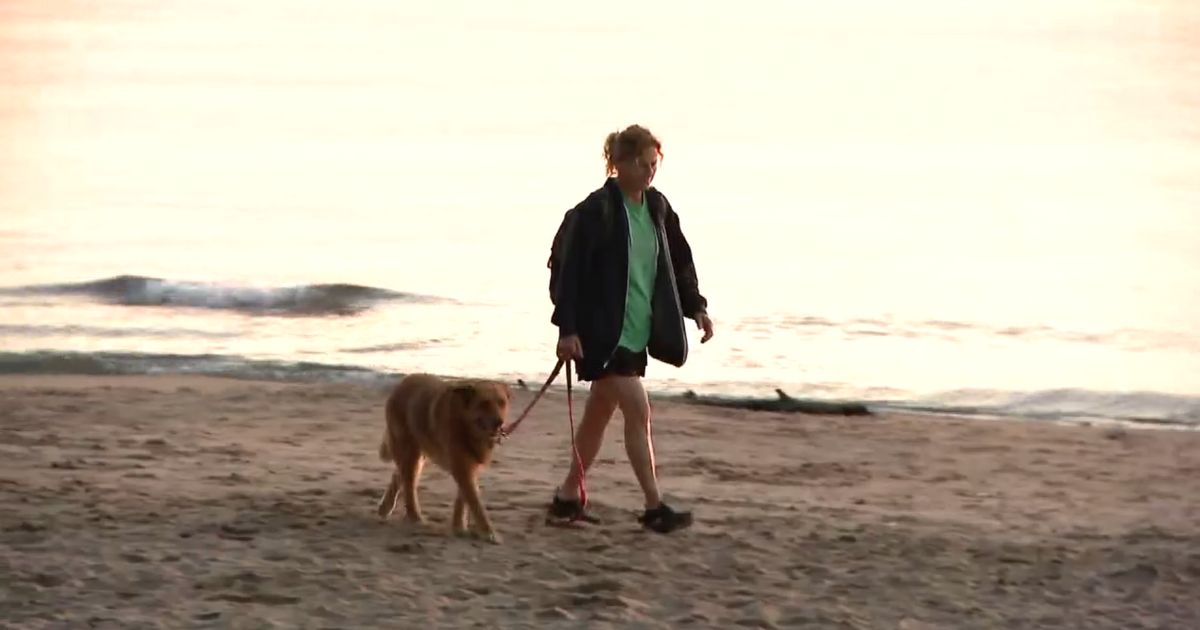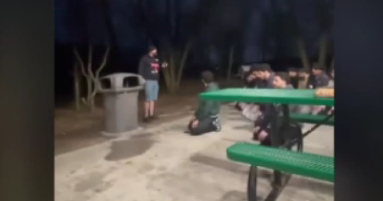SPCA of Texas temporarily suspends intake, adoptions due to distemper outbreak
NORTH TEXAS (CBSDFW.COM) — The SCPA of Texas announced on June 8, 2022 that it will temporarily suspend all intake and adoptions for at least two weeks after at least two dogs were found to be infected with canine distemper virus.
Canine distemper virus usually has an incubation period of about two weeks, and authorities hope that this quarantine period will help them monitor and stop the spread of the virus. All dogs will be monitored and tested for infection out of an abundance of caution.
The SPCA of Texas' facilities will be closed to all adopters, volunteers, and community members until at least June 22 as part of the protocol developed by the medical team lead by Dr. Amber Alu in consultation with Cynda Crawford of the University of Florida College of Veterinary Medicine.
The affected locations include:
- Jan Rees-Jones Animal Care Center
- Myron K. Martin Spay/Neuter and Veterinary Care Clinic
- Russell E. Dealey Animal Rescue Center
- Ellis County Animal Care Center.
Other programs and services, however, will continue in the meantime. Offsite adoptions of cats and kittens at local stores will continue, as will livestock and horse adoptions at the SPCA of Texas' Equine Center in McKinney. Some foster dogs will also be available for adoption via appointment.
The Mary Spencer Spay/Neuter and Veterinary Care Clinic will remain open, food and supply pick-ups for the Russell H. Perry Pet Resource Center will continue, the Ellis County Animal Care Center will quarantine bite case animals, and urgent animal cruelty investigations will continue as well.
"This situation indicates that canine distemper virus is circulating in the community," said Karen Froehlich, President and CEO of SPCA of Texas. "The SPCA of Texas urges all pet owners to vaccinate all of their pets against all species-appropriate diseases under the direction of their veterinarian as well as to have their pet spayed or neutered and microchipped."
According to the SPCA of Texas, canine distemper is highly contagious - spreading through both waste and air - and can be fatal. It can affect the respiratory, gastrointestinal and nervous systems of not only dogs, but ferrets, raccoons, foxes, coyotes, and skunks as well.
Some of the symptoms include mild respiratory issues such as a runny nose and eyes to severe respiratory symptoms, thickened footpads or nose skin, seizures, neurological deficits and decline. Some animals may not show any symptoms at all.
The SPCA of Texas said there's no cure for canine distemper and that the best way to stop the virus is prevention.
This disease is highly preventable when dogs are properly vaccinated," said Dr. Alu. "The vaccine is effective and is far less expensive than treating the disease or losing your pet to the virus. I highly recommend all dog and ferret owners make sure their pets' distemper vaccination is up to date. Dog owners should also use caution when socializing puppies or unvaccinated dogs where dogs congregate such as parks."
But be careful; while the vaccine is highly effective, it can take up to two weeks before immunity develops.







